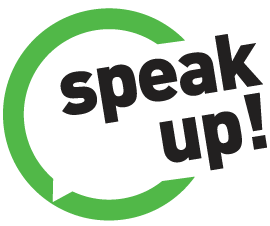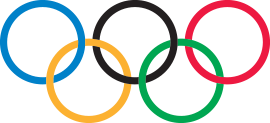WADA and ARISF held the fourth edition of the ARISF-WADA Anti-Doping Coaching & Training Session. This joint initiative featured a series of discussions and presentations from IF anti-doping practitioners, WADA representatives and other experts who focused on a variety of topics, including: education, results management, the evolution of SportAccord’s Doping Free Sport Unit, and the IOC’s activities with regards to stored sample re-analysis by Dr. Denis Oswald, Chairman of the IOC Ad Hoc Disciplinary Commission.
“This fourth ARISF-WADA anti-doping workshop was extremely informative and fruitful,” said Benjamin Cohen, Director, WADA European Regional Office and IF Relations. “It allowed IFs, WADA and other anti-doping stakeholders, to share experiences and ideas in an open and stimulating fashion,” Cohen continued. “WADA is grateful to ARISF for this partnership and looks forward to continuing to work closely with all IFs, IF umbrella organizations and the IOC to further enhance the quality of anti-doping programs across all sport,” he added.
Raffaele Chiulli, ARISF President and SportAccord first Vice President said “We are very happy to have received full support and cooperation from WADA and I would like to particularly thank Benjamin Cohen and Frédéric Donzé for their contribution to organize the Session and all the other distinguished speakers who have kindly accepted our invitation to share their knowledge and practices namely Denis Oswald, Chairman of the IOC Ad Hoc Disciplinary Commission, Matteo Vallini, Head of SportAccord Doping Free Sport Unit, Riccardo La Cognata Head of UIM President Office and Tom Dielen Secretary General World Archery. I do believe that the ARISF/WADA Anti-Doping Coaching/Training Session, held every year since 2014 at the SportAccord Convention, is an excellent open platform for International Federations (IFs) and any individual or organization involved or interested in clean sport to share expertise, experiences and views in an open and transparent way in focus areas such as prevention, information sharing, doping control, results management and other key elements of the protection of the clean athlete”.




